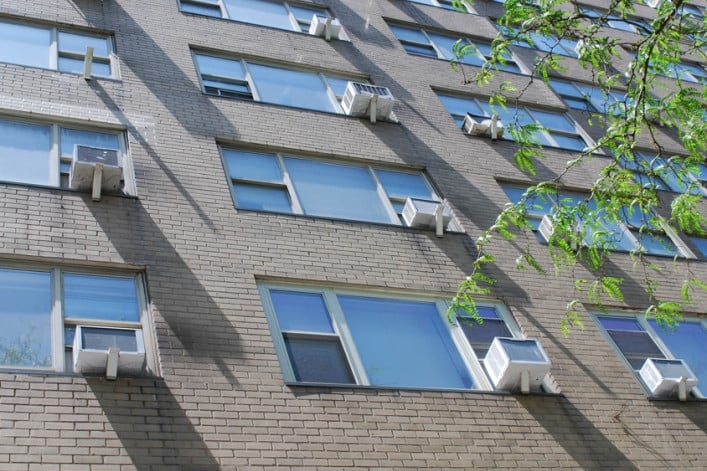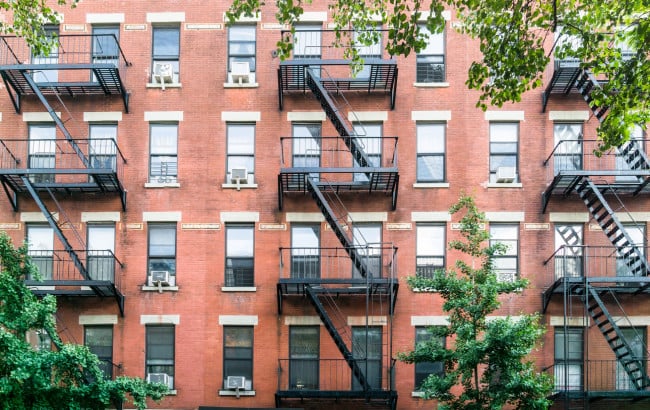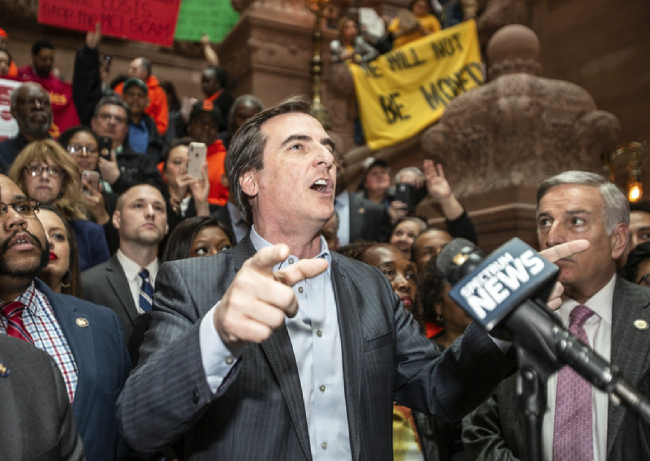How NYC’s new rent reforms affect you even if you’re not a stabilized tenant: A blacklist ban, security deposit limit, & more

You can no longer be denied an apartment on the basis of being on the tenant blacklist.
New York’s landmark rent reforms didn’t go as far as extending protections to market-rate tenants through the “good cause” eviction bill. This would have given some form of protection to nearly all tenants statewide, preventing their eviction as long as they were paying their rent and not being disruptive. Such a move towards universal rent control would have been unprecedented.
However, there are some changes in the rent reform package that impact market-rate tenants, including a cap on security deposits and late fees, incentives for landlords to re-rent a unit if a tenant breaks a lease, plus a ban on landlords using the tenant blacklist, even though enforcement for this last one may be difficult.
[Editor’s note: An earlier version of this article was published in June 2019. We are presenting it again here as part of our winter holiday 2019 Best of Brick week.]
Here are the ways market-rate tenants are affected.
A ban on using the tenant blacklist
You can no longer be denied an apartment on the basis of being on the tenant blacklist. The list is essentially the names of any tenants who've been involved in disputes in NYC Housing Court, regardless of the outcome. A landlord would be flouting the law if they got information from a tenant screening office or if they looked through court records and then refused to rent to you.
The penalty for using information in this way is a fine of up to $1,000. This change means tenants should feel less intimidated to fight unscrupulous landlords, but that's not to say landlords will stop using the list. They may decide the penalty for weeding out tenants this way is worth the fine if they get caught. Ellen Davidson, an attorney with the Legal Aid Society of NYC, says this is a "first attempt" to have state legislation on the issue and it will be a matter of seeing how it pans out in practice.
Limits to the security deposit
A landlord can no longer ask more than one month's rent as a security deposit on a rental. That's intended to put an end to the practice of tenants being asked for a month and a half or more in some cases. Renters are often asked to pay upfront for additional months if they don't meet certain financial requirements through income or credit checks. That will now be illegal. This could mean more landlords will require guarantors.
Davidson says this rule change is less about the upfront costs of renting and more about protecting your security deposit. If you, as a renter, request an inspection of the apartment to document its condition before you move in, you must be given a walkthrough to identify the condition of the unit and any existing damage. When you move out you can do the same and the landlord needs to give an itemized statement of any charges within 14 days or the owner forfeits any right to keep part of the deposit.
Landlords can't sit on a vacant apartment if the tenant breaks the lease
If a tenant breaks a lease, there's now more responsibility on the landlord to find another tenant. This means the landlord must make an effort to re-rent the apartment, rather than relying on suing the tenant for all the unpaid rent. Davidson says if the landlord is only able to re-rent at a reduced price, the tenant who broke the lease might still need to pay the difference but she says, "it no longer incentivizes the landlord to keep the place empty, with the tenant on the hook for the full rent."
A cap on late charges
You can't be charged a late fee on your rental payment unless you've failed to pay the rent five days after it is due. The fee can't be more than $50 or five percent of the monthly rent, whichever is less.



























